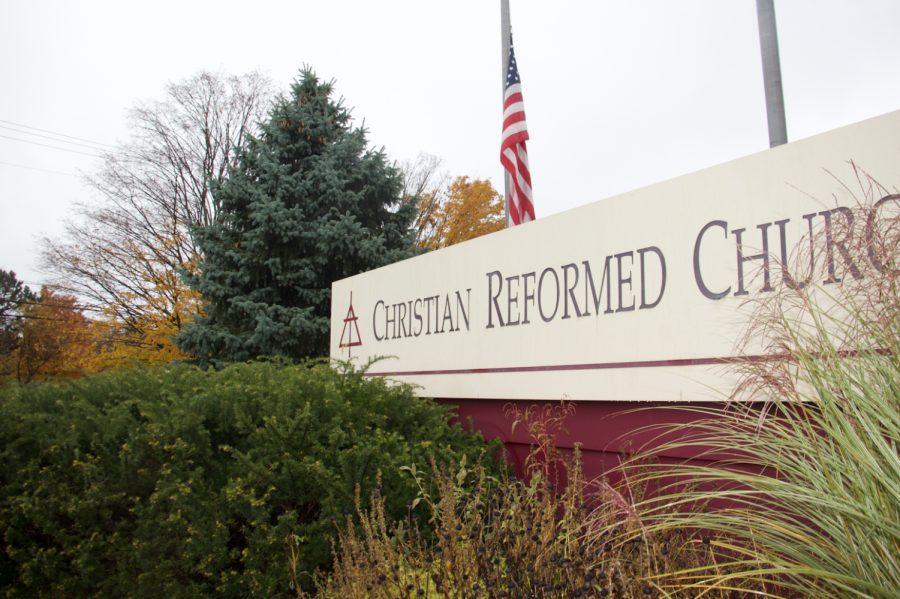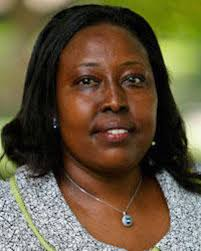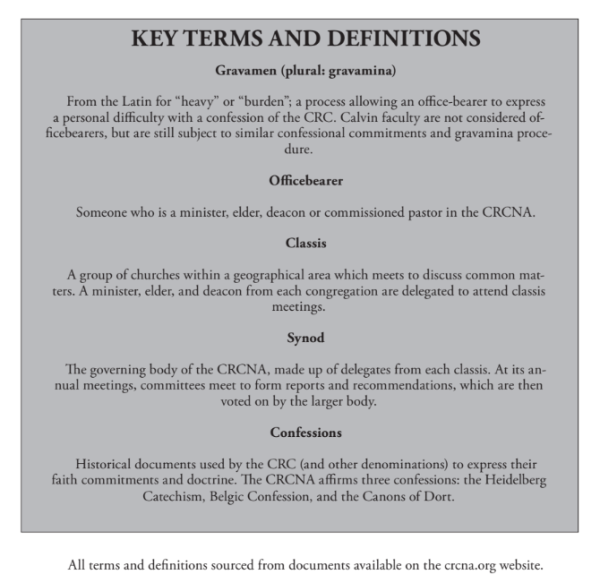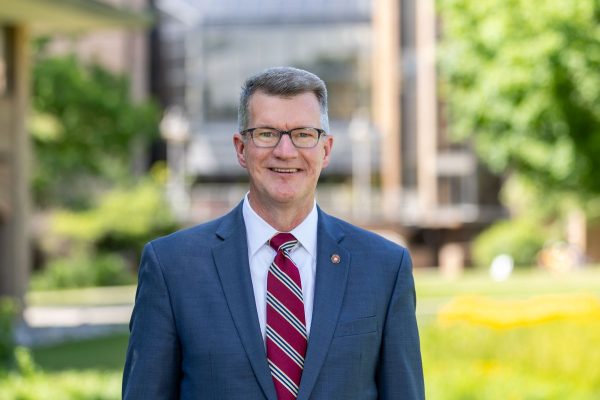Executive Director of the CRC resigns as denominational changes approach
The executive director of the Christian Reformed Church in North America (CRCNA) resigned on Feb. 20 amidst discussions regarding structural changes to the way finances and leadership are handled in the U.S. and Canada.
Steve Timmermans had served in the executive director position since 2014, when he became the first executive director not to be an ordained minister.
The resignation, effective immediately, surprised the Council of Delegates (COD), which replaced the Board of Trustees in 2017 to govern on behalf of Synod when not in session. Timmermans had earlier planned his retirement for 2021. Paul DeVries, chair of the COD, is quoted in a release from the denomination as saying he was “deeply shaken by the resignation.” Timmermans declined a request from Chimes to comment on why he decided to resign so suddenly.
Colin Watson, Sr., the current director of ministries and administration, was named acting executive director until June, when Synod 2020 will name an interim director for the denomination.
In an interview with Chimes, Watson discussed the reasoning behind the structural changes being debated, saying that, although there had been no warnings or suggestions from the Canada Revenue Agency, the Canada Corporation began meeting in the past year to discuss compliance with a stipulation of Canadian non-profit law requiring organizations to have “direction and control” when operating as part of an international organization. These meetings were not planned, and Watson said he was unsure “where the first question was asked.” He added that he believes those involved with these meetings acted appropriately. “From a structural and legal perspective there are certain things we need to do,” Watson stated.
The phrasing of “direction and control” has been in Canadian law since June 2011, and it is unclear how Canadian interpretations of this law have changed, if it all.
He also stated that the meetings of the Canada Corporation were not done in secret, although some delegates and staff members from the U.S. corporation may have felt so. “The Banner” reported on these perceptions of secrecy as well as tension between members from both countries. Watson said he would not characterize the situation as tense, but rather concern and desire to do what is best for the denomination.
Watson ended by adding that the staff in both Grand Rapids and Burlington are focused on supporting congregations, and “we are absolutely not going to lose our focus on things that we believe are commands of our Lord.”
Timmermans expressed confidence in Watson’s ability to lead the denomination through a time of transition, calling him “a gifted, faith-filled leader with patience and perseverance, able to respond with certainty and grace in every kind of situation, thoughtful and analytical, supportive and with excellent social acuity.”
In the days following Timmerman’s resignation, the COD continued to meet to discuss restructuring efforts that would allow for the CRCNA in Canada to become a more distinct financial entity. The CRCNA is currently divided into two legal corporations that allow operation as a single denomination across country borders. Proposed changes would grant the Canada Corporation more distinct financial resources, more control over its own administration and budget, and distinct leadership for ministry in Canada. Specifics are currently being discussed but will include restructuring of how COD meetings will work, management of resources at the national level, and new positions and responsibilities at the national level.
Kristen Vanderberg, director of communications and marketing for the CRCNA, emphasized that the changes “do not impact the unity of the denomination or its shared theology and faith, but do have implications for things such as personnel, budgets and human resource practices.”
The most recent release from the denomination states that a leadership team with representatives from both the U.S. and Canadian corporations has been formed to implement these changes and develop new solutions.
Timmermans said that because the conclusion of his time as executive director was so abrupt, he hasn’t made concrete plans but hopes to spend more time with his grandchildren and become more involved with the Christian special education program his son began in Ethiopia three years ago.












